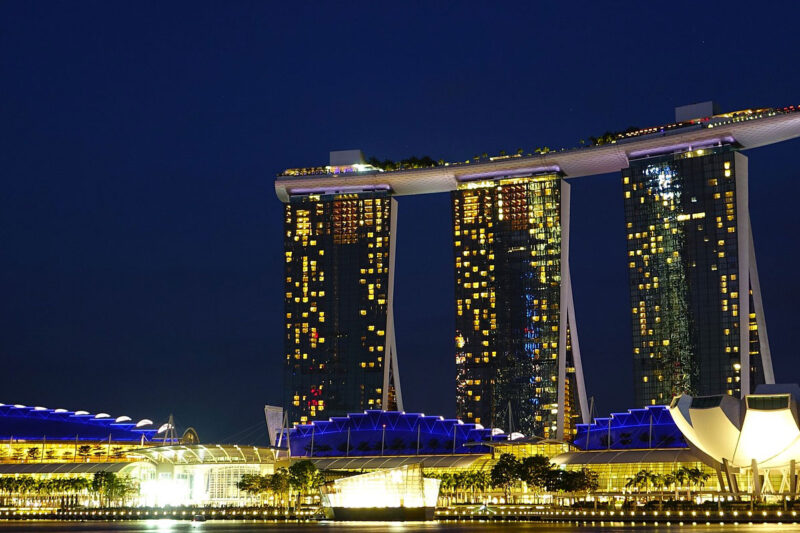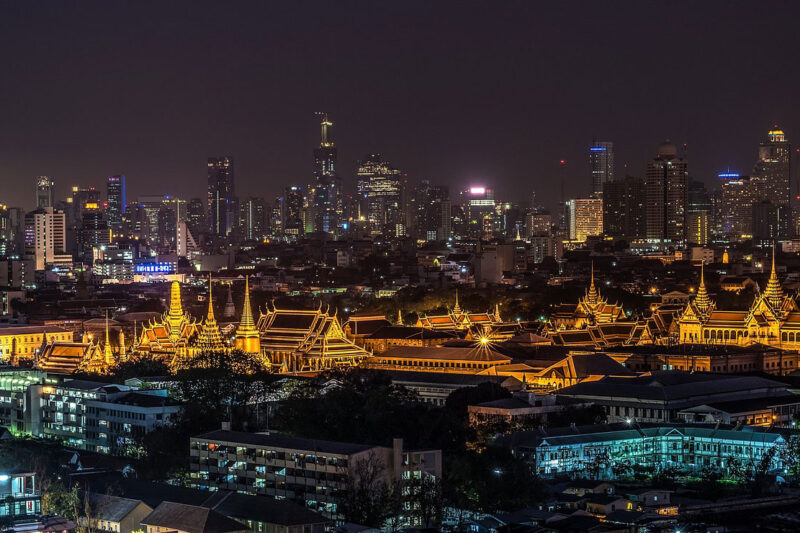About Hong Kong
Hong Kong is a vibrant, multicultural city that combines Eastern and Western traditions. Known for its business-friendly environment, it boasts excellent infrastructure. With a free-market economy and low taxes, Hong Kong serves as a key global hub for finance and trade. Its strategic location in Asia makes it a gateway to mainland China and other major markets in the region. Additionally, its highly skilled workforce and advanced technological development contribute to its competitive edge. The city is also renowned for its world-class public transportation system and high quality of life.
Hong Kong Overview
Located at the southeastern edge of China, Hong Kong enjoys a prime position in the heart of East Asia, a region undergoing rapid development. Spanning 1,110 km², it includes Hong Kong Island, the Kowloon Peninsula, the New Territories, and 235 surrounding islands. Initially established as a British colony in 1841, Hong Kong returned to Chinese sovereignty on July 1, 1997, as per the 1984 Joint Declaration between the UK and China. Upon this transition, it became a Special Administrative Region (HKSAR) of China, maintaining its economic, social, and legal systems for at least 50 years after the handover. Since then, Hong Kong has governed its own affairs autonomously.
Hong Kong ranked first in the Heritage Foundation’s 2019 Index of Economic Freedom, making it the world’s freest economy. It is also a prominent trading hub, with a population of about 7.49 million people.
Commercial and Legal Environment
Hong Kong’s legal system is rooted in English common law, with a growing body of statutory law enacted by the local legislature. The city hosts numerous law firms, including international firms from Australia, Canada, the UK, and the USA. English is predominantly used in both legal and business contexts, while Cantonese is the local language, and Mandarin is gaining popularity. The Hong Kong Government typically follows a policy of “maximum support and minimum intervention,” ensuring favourable business conditions, including a strong rule of law, personal freedoms, and an efficient government.
Since October 1983, the Hong Kong dollar has been pegged to the US dollar at a rate of HKD 7.80 to USD 1, and there are no exchange controls. As a key business hub in Asia, Hong Kong has extensive commercial ties with other Asian nations and holds a unique position in relation to Chinese business. With China’s accession to the World Trade Organization (WTO), Hong Kong is well-placed to strengthen its role as China’s primary commercial and financial gateway to the global market. Additionally, the Closer Economic Partnership Agreement (CEPA) between Hong Kong and mainland China enhances bilateral trade.
Hong Kong’s communication infrastructure is highly developed, especially in telecommunications, which are both reliable and affordable.
Economy
Hong Kong is a major global financial and trade centre, hosting a wide range of banks, insurance firms, investment companies, fund managers, and other financial intermediaries. Following World War II, the local economy grew rapidly, particularly in manufacturing, with a focus on textiles, garments, toys, and electronics. However, with China’s economic rise in the late 1970s, much of Hong Kong’s manufacturing has shifted to China, though some high-value production remains. Heavy industry is minimal, and Hong Kong’s economy is increasingly service-oriented. Key sectors include civil aviation, shipping, tourism, and various financial services.
Hong Kong also serves as a regional base for many multinational companies and has nurtured strong local enterprises in areas like hospitality, property development, and telecommunications. Real estate plays a central role in the economy, with investments both within Hong Kong and in countries such as China, Malaysia, and Vietnam. Hong Kong retains independent membership in international organizations like the WTO and continues to be treated as a separate entity from China for most international purposes.



